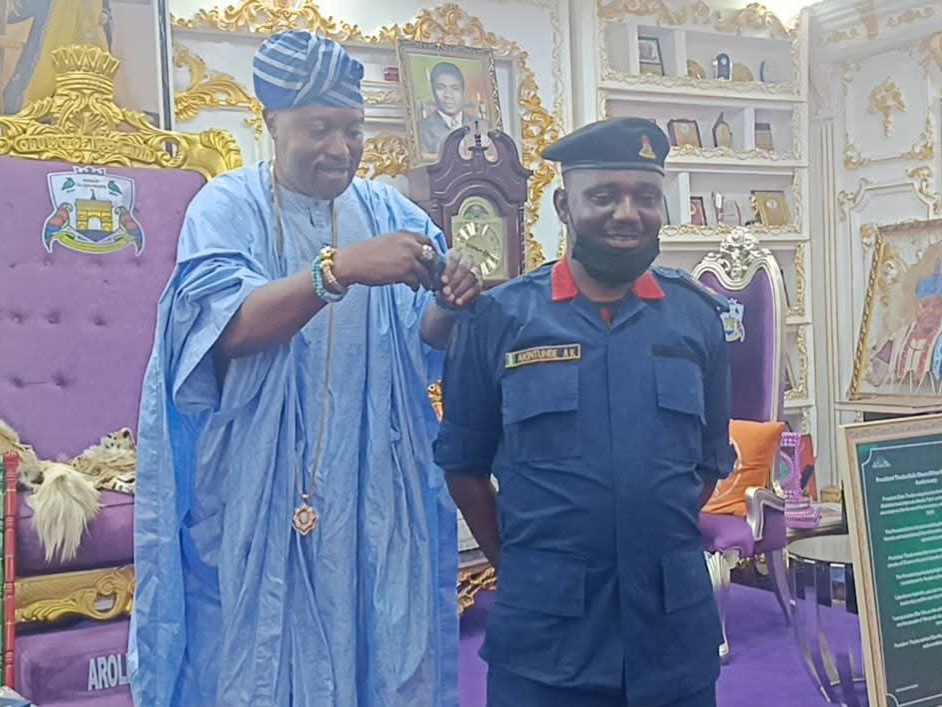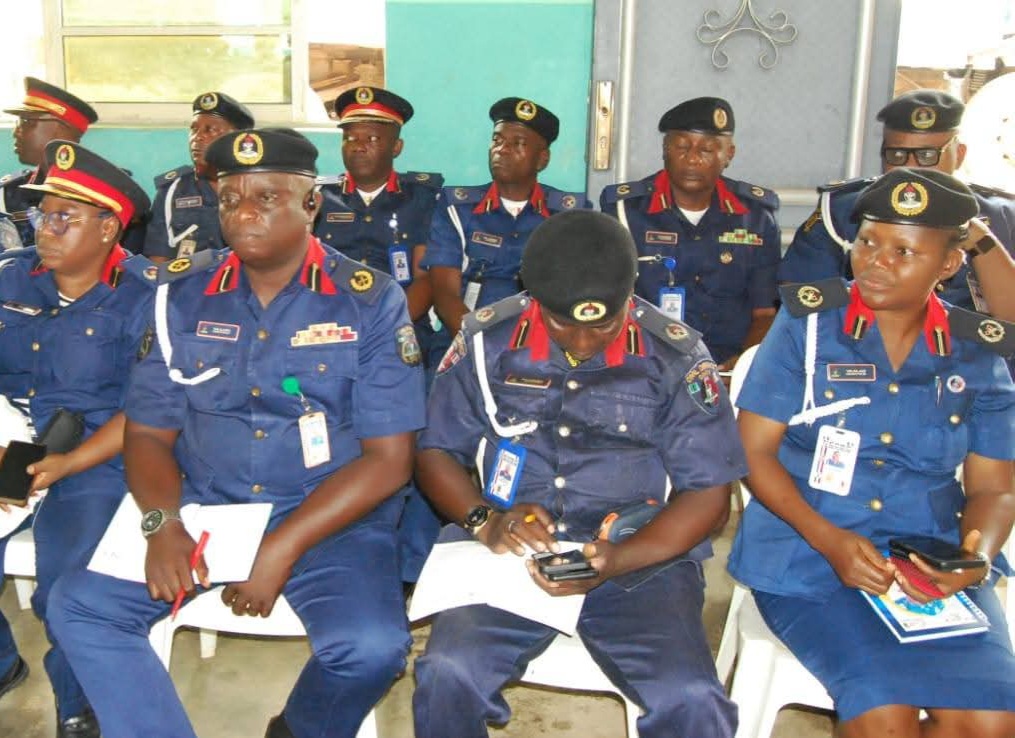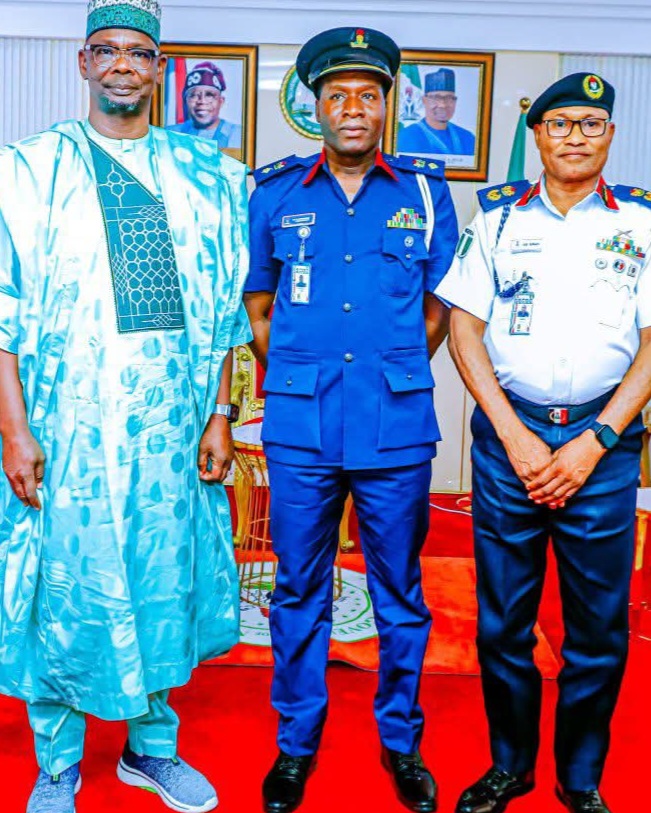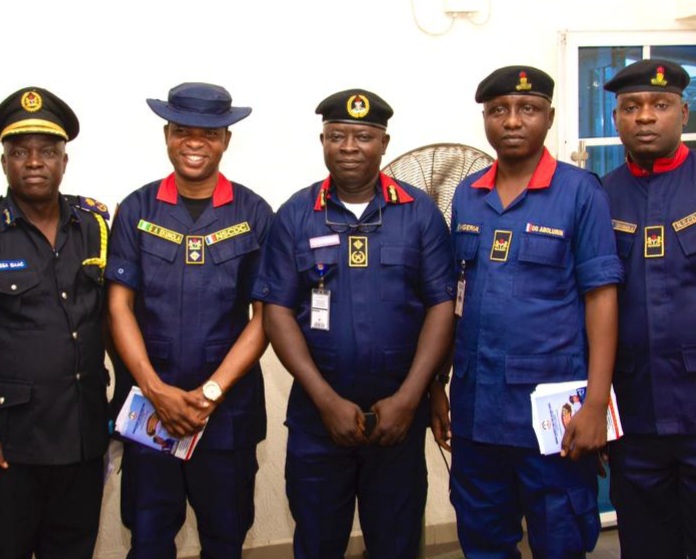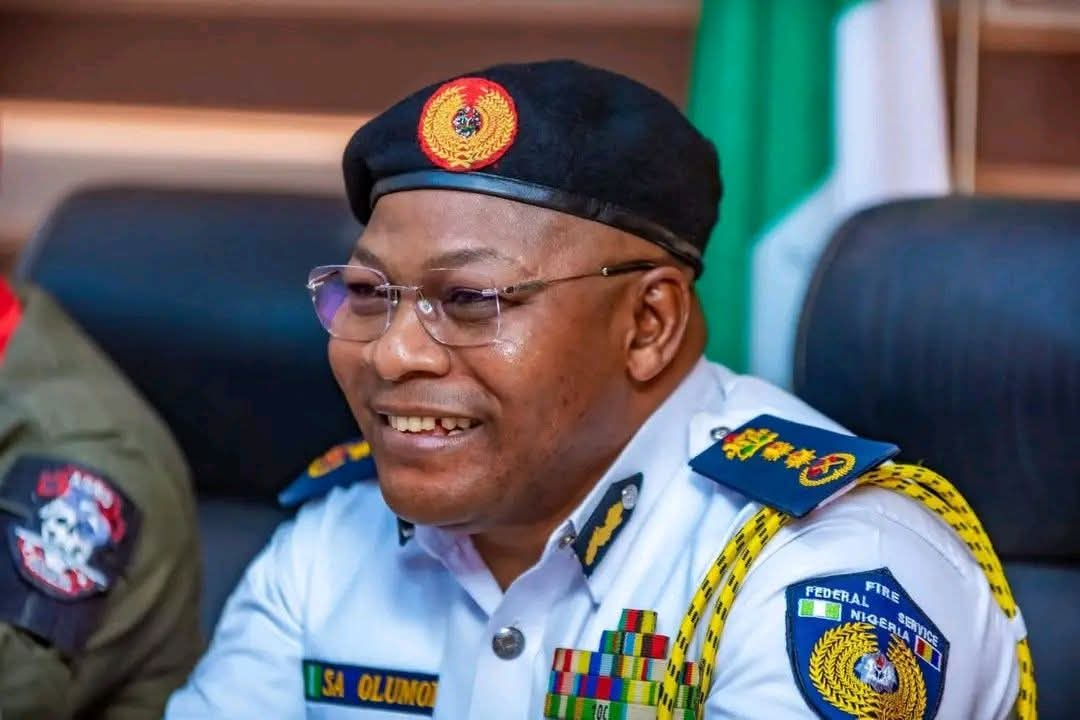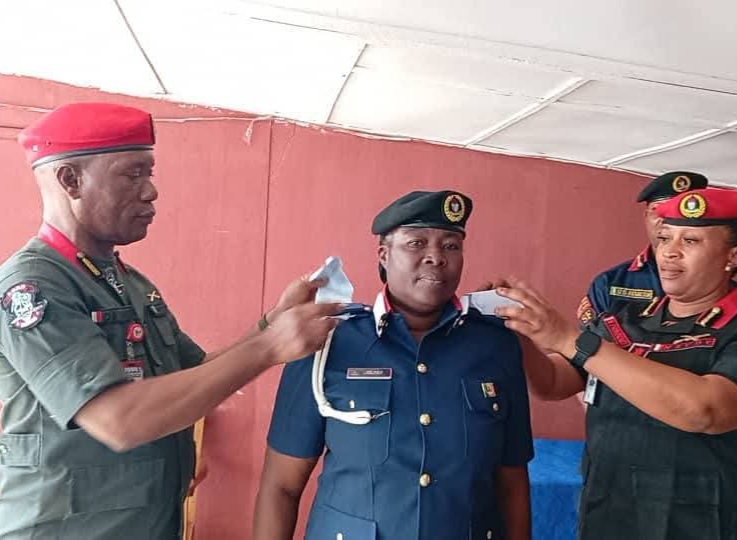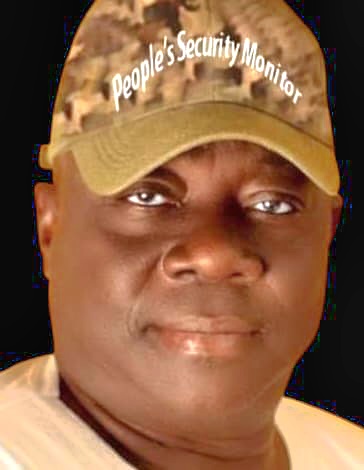
By Isiaka Mustapha
CEO/Editor-in-Chief
People’s Security Monitor
Bokkos, Plateau State, until recently, Plateau State was known to be a peaceful agrarian community in Nigeria’s Middle Belt, Bokkos Local Government Area has become a tragic symbol of unrelenting rural violence. With repeated waves of attacks, displacements, and reprisal killings, the region now epitomizes the broader crisis of insecurity facing Plateau State and much of central Nigeria.
Historical and Geographical Context
Located in the fertile plains of central Plateau, Bokkos is home to a diversity of ethnic groups including the Ron, Mushere, and Kulere, as well as a high presence of Hausa-Fulani presence. The area has traditionally thrived on subsistence agriculture, but escalating tension over land, identity, and religion has ruptured communal harmony.
Genesis of the Crisis
The insecurity in Bokkos is triggered by a complex mix of historical grievances and contemporary pressures:
- Ethno-Religious Fault Lines: Longstanding tension between indigenous Christian farmers and nomadic Muslim Fulani herders has deepened due to disputes over land ownership and political representation.
- Climate-Induced Migration: Desertification in northern Nigeria has pushed herders southward, increasing competition for arable land and water.
- Weak Governance and Security Failures: Delayed or inadequate security response, coupled with a lack of justice for victims, has created a culture of impunity and retributive violence.
Timeline of Key Incidents
December 2023: A Christmas Eve Tragedy
Over 160 people were killed when armed men launched coordinated night attacks on over 20 communities in Bokkos and Barkin Ladi LGAs. The catnage, executed during the Christmas period, sparked national outrage and prompted emergency security deployments.
Early 2024: Cycle of Retaliation
In the aftermath of the December killings, local vigilante groups carried out reprisal attacks, while displaced communities sought refuge in internally displaced persons (IDP) camps. Security forces responded with increased presence, but many questioned the neutrality and effectiveness of their operations.
Key Actors in the Conflict
- Armed Fulani Militias: Often blamed for initiating attacks, these groups operate with military-grade weapons and are suspected of coordinated planning.
- Local Vigilantes: Formed as a self-defense measure by indigenous youth, these groups have sometimes been accused of carrying out retaliatory attacks.
- State and Federal Security Agencies: Including the Nigeria Police, NSCDC, and Operation Safe Haven. Despite multiple deployments, trust in their neutrality remains low among locals.
- Political and Religious Leaders: While some play peacebuilding roles, others have been criticized for inflammatory rhetoric or partisanship.
Impact on Communities
- Human Casualties and Displacement: Thousands of residents have been killed or displaced, with many now living in IDP camps under dire humanitarian conditions.
- Economic Collapse: Bokkos, a major agricultural hub, has seen its food production crippled. Many farmers can no longer access their land due to fear of attacks.
- Educational Disruption: Schools in several villages have been destroyed or converted to temporary shelters, halting education for thousands of children.
Government Response and Shortcomings
Efforts by government and security agencies have included:
- Deployment of Military and Paramilitary Units, including Agro-Rangers and special forces.
- Initiation of Peace Dialogues, with community and religious stakeholders.
- Provision of Emergency Relief, though often criticized as inadequate or delayed.
Despite these measures, the lack of prosecution and conviction of perpetrators remains a major stumbling block to lasting peace.
Recommendations for Lasting Solutions
Experts and stakeholders suggest numerous strategies to halt the insecurity crisis
- Strengthen Local Security Architecture: Train and formalize community vigilante groups under official supervision.
- Establish Justice and Accountability Mechanisms: Create special tribunals to investigate and prosecute rural violence cases.
- Land Use and Grazing Reform: Implement inclusive land policies that accommodate both farmers and herders.
- Invest in Peacebuilding and Trauma Healing: Support interfaith dialogue, youth engagement, and community reconciliation.
- Scale Up Humanitarian Aid and Reconstruction: Provide adequate support for displaced families, rebuild schools and farmlands, and restore basic infrastructure.
Conclusion
The Bokkos crisis is not just a local tragedy; it is a national dimension signaling the urgent need for inclusive governance, security sector reform, and communal healing. Without timely and comprehensive intervention, the cycle of violence may spiral further—claiming more lives and threatening the fragile peace in Plateau and beyond.

